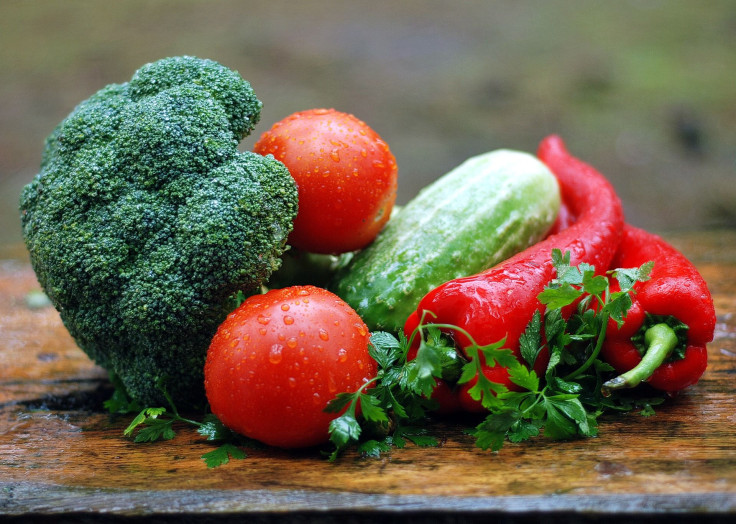7 Foods That Can Help Reduce Inflammation Levels In Your Body

According to recent estimates, about 60% of Americans have at least one chronic inflammatory condition. It is the leading cause of death worldwide and 3 of 5 people die due to chronic inflammatory diseases.
One of the best ways to reduce inflammation may not be found in medicines but in the refrigerator. Adhering to an anti-inflammatory diet can keep inflammatory diseases including bowel disease, arthritis, asthma, allergy, celiac disease, hepatitis and lupus at bay.
Inflammation is one of the commonly misunderstood health topics. Inflammation is the body’s natural way of protecting you from any potential harm. But it is also being studied as a possible cause of several health issues including heart diseases and depression. Thus, experts propose reducing inflammation via dietary changes.
Several popular diets including the Keto, the Mediterranean, and the Paleo promises to help lower inflammation levels in the body. But it is important to be aware of which foods have anti-inflammatory effects and which of them might cause inflammation so as to avoid them.
A 2017 study has reported that chronic inflammatory diseases are stimulated by diet. Their hypothesis is that the modern diet disrupts the natural process of inflammation resolution.
Include these foods in your diet to reduce inflammation:
- Include colorful fruits and vegetables including dark green, red and purple ones such as cruciferous vegetables, blueberries, tomatoes, apple onions, and avocados. These are enriched with natural anti-oxidants and polyphenols.
- Coffee contains polyphenols and anti-inflammatory compounds that help protect against inflammation. A 2019 study has reported that drinking coffee reduced the risk of health conditions related to low-grade inflammation.
- Dark Chocolate contains flavonols and cocoa which are anti-inflammatory compounds that can help keep the endothelial cells lining the arteries healthy, mentioned Healthline. A 2016 study reported that consuming cocoa-rich foods helped reduce inflammation by lowering the activation of monocytes and neutrophils.
- Nuts such as almonds, hazelnuts, peanuts, and pecans are excellent sourced of vitamin E which have been reported to reduce inflammation. Nuts are nutrient-dense, high-quality plant protein containing phenolic antioxidants and phytosterols. A 2016 study published in the American Journal of Clinical Nutrition reported that frequent nut consumption was linked to a healthy profile of inflammatory biomarkers.
- Fatty fish is metabolized by the human body into compounds including resolvins and protectins containing anti-inflammatory properties. A 2010 study reported that fatty fish consumption reduced inflammation and reduced the risk of cardiovascular diseases, inflammatory bowel disease, and rheumatoid arthritis.
- Extra virgin olive oil (EVOO) contains phenolic compounds that are powerful natural anti-inflammatory compounds. A 2013 study reported that EVOO contains analgesic, anti-inflammatory, and anti-cancerous properties.
- Whole grains including oatmeal and brown rice are enriched with fiber. Fiber might help with inflammations. A 2018 study reported that consumption of whole grains can reduce systemic inflammation.
© Copyright IBTimes 2024. All rights reserved.






















